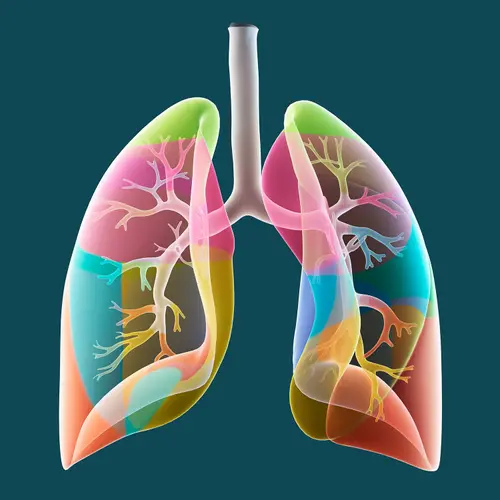Immunotherapy is a treatment option for many people living with advanced lung cancer. It helps your body’s immune system better find and destroy cancer cells, even when they try to hide. The breakthrough therapy is helping some people with hard-to-treat cancer feel better and live longer.
But it doesn’t work for everyone. Scientists are hard at work to find new treatments to help more.
If you or a loved one is scheduled to have lung cancer immunotherapy, you need to know the key warning signs of treatment failure and what to do if they occur.
How Do You Know It Isn’t Working?
The following immunotherapy medicines, called checkpoint inhibitors, are FDA-approved for lung cancer: atezolizumab (Tecentriq), cemiplimab (Libtayo), durvalumab (Imfinzi), nivolumab (Opdivo), and pembrolizumab (Keytruda).
Ipilimumab (Yervoy) is another checkpoint inhibitor. But it blocks a different protein on the T cells. It can be used with nivolumab (Opdivo) with or without chemotherapy, but it is not used alone.
No one can tell you how well these treatments will work for you. There’s no blood test or other method to predict if the drug will shrink your tumor or make you feel better. However, there are some signs that it isn’t helping.
Tell your doctor if you have:
- Cough
- Pain
- Trouble breathing
- Any other symptoms that concern you
They may be a sign that your cancer is getting worse, or they may be side effects of treatment. Only a doctor can tell the difference.
Side effects don’t mean the medicine isn’t fighting your cancer -- but a severe reaction can be life threatening and may require you to stop treatment. Serious side effects are rare, but include inflammation of the lungs (pneumonitis), liver, kidneys, intestines, and other parts of the body.
When the Cancer Looks Worse but Isn’t
Your doctor will order CT scans of your tumor to keep track of it and make sure your treatment is working.
Your cancer might look worse on the first CT scan after you start immunotherapy. But it may really be getting better. Doctors call this “pseudoprogression." It doesn’t mean the drug isn’t working. Immunotherapy causes your immune system to attack cancer cells. The rush of helper immune cells can cause your tumor to swell and look bigger. The report may say your cancer has progressed, when it really hasn’t.
Your doctor will review your scans and discuss your symptoms. They’ll decide if your treatment is really working and your cancer is stable.
- If the scan shows a larger tumor but there are no new areas of cancer and you feel OK, it may be pseudoprogression. Doctors usually suggest you wait two or three more treatment cycles (about 2 months) then get another scan.
- If you feel worse and the scan shows a larger tumor and new lesions, immunotherapy likely isn’t working. The doctor will recommend you stop it and try something else.
Other Treatment Options
If immunotherapy doesn’t work, you and your doctor will discuss other ways to treat your cancer. These include:
- Chemotherapy
- Targeted drug treatments
- Radiation
If these options also fail, your doctor may suggest you take part in a clinical trial. They provide access to cutting-edge immunotherapy treatments that aren’t yet approved for lung cancer. These include other checkpoint inhibitors, therapeutic vaccines, and adoptive T-cell transfer.
If nothing helps at all, it may be time to ask your doctor if it’s time to stop treatment and start hospice and palliative care to ease your symptoms and make you feel better. An honest discussion will help you and your family make the most of every day.
